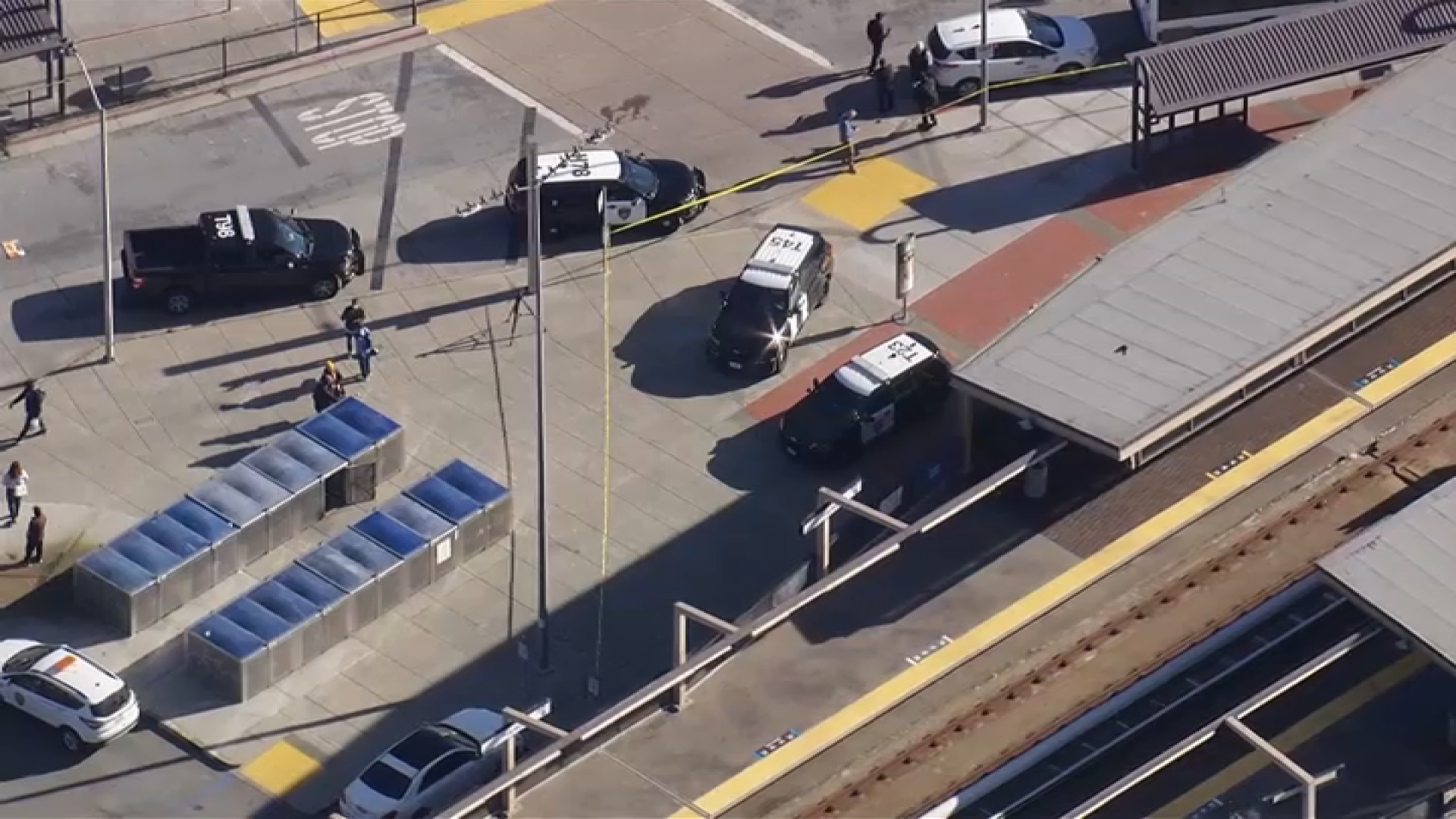As Oakland’s 911 response time climbed to the worst out of every city and county in California, the city’s Human Resources Management Department missed out on about 1,000 submitted 911 dispatcher applications for an entire year.
This major oversight occurred between April 2022 to April 2023, according to Oakland City Councilmember Janani Ramachandran who did a deep dive into the city’s 911 hiring practices after multiple NBC Bay Area investigations and two civil grand jury reports.
“I have constituents on a daily basis telling me that they're waiting 10, 20 plus minutes to even get a response from 911,” Ramachandran said in an interview with the NBC Bay Area Investigative Unit. “The fact that there was this perception that people just didn't want to apply for jobs at the city of Oakland was a little perplexing to me … I just didn’t believe that no one was applying.”
After requesting a staff report and filing public records requests, Ramachandran found the perception wasn’t just perplexing, it wasn’t accurate.
“I was shocked. I knew that there were inefficiencies in our hiring process … But the fact that almost a thousand applicants never had the opportunity to even progress forward in the hiring process, that their applications, for the most part, were not processed and that they never even got a response from the city, that aspect really shocked me,” she said.
As a result, open dispatcher positions were left vacant as the city’s 911 response continued to fail leaving tens of thousands of 911 callers hanging on the line.
Local
Earlier this year, NBC Bay Area found more than 50,000 callers hung up the phone last year before a dispatcher could answer.
Shortly after our initial investigation, the California Office of Emergency Services put Oakland on notice for non-compliance over its long 911 answering times. The city has a year to bring down the times or risk losing state funding.
Get a weekly recap of the latest San Francisco Bay Area housing news. >Sign up for NBC Bay Area’s Housing Deconstructed newsletter.
What caused this major oversight? Ramachandran said she’s still trying to figure out who made the error.
“There was human error. And to me, I do believe that in order to move forward, we have to acknowledge the wrongs that have been conducted in the past. And the fact that our department and our city administration has acknowledged that this was human error that led to applications not being processed for a year, I believe is an important first step to move forward in making sure this never happens again.”
In a statement on behalf of city administrators Tuesday, an Oakland spokesperson said, “the City recognizes the negative impact of these unprocessed applications.”
During the time of the application process failure, Oakland staff were overwhelmed with high vacancies across the board, but administration said they’re taking these steps to prevent the problem from happening again:
- “Recruitment for this position was previously performed as a recurring monthly recruitment that was repeated over and over, rather than a true continuous recruitment. The process has been updated to be a true continuous recruitment.
- Responsibility has been assigned to a dedicated analyst with clear chain of command for increased visibility and accountability for the processing of all applications.
- HRMD leadership has contacted all of the applicants whose applications were not processed, acknowledged the issue, and invited those applicants back into the process.”



